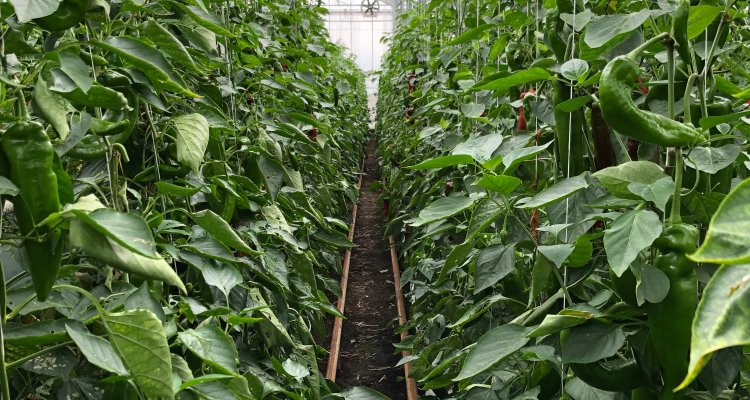
Project
Using genetics for better biological control
Biocontrol of agricultural pests is a safe and successful alternative to the use of chemical pesticides. However, increased demands drive the need for the further improvement of biocontrol efficiency. Genetic knowledge and tools are a powerful method optimize the efficiency of biological pest control.
Traditionally, biocontrol is based on the release of a single strain of natural enemies that are sourced from the country of origin of the pest. While successful, recent trade legislations (Nagoya protocol) make this practice currently more difficult. Furthermore, while a lot ecological characterization is done on new natural enemies, the genetic background is not often considered, resulting in commercial strain with reduced genetic diversity that are more vulnerable to biotic and abiotic challenges. Modern genetic techniques can to make biocontrol more efficient, by a better understanding of the adaptive potential of both pests and natural enemies.
Aim
We aim to improve biocontrol by using genetic knowledge on natural enemies and pest species. Genetic knowledge can be employed at many different levels, including:
- better understanding of adaptation and selection of pests and natural enemies;
- evaluating the existing genetic variation in pests and natural enemies;
- use molecular tools for efficient monitoring of invasive pests or released biocontrol agents;
- apply artificial selection for the improvement of relevant biocontrol traits.
Approach
In our research, we use different genetic and genomic approaches towards improving biocontrol efficiency. Current examples include:
- using population genetics to understand of the biology of the invasive fruitfly Drosophila suzuki;
- population genomics of minute Trichogramma wasps, used as biocontrol agents of Lepidopteran pests;
- using environmental DNA for the monitoring of the invasive stink bug Halyomorpha halys;
- developing genomic selection protocols for the improvement of parasitoid wasps;
- asses the genetic variation and selection pressures during mass rearing of insects for biocontrol.
All these projects use molecular techniques (such as PCR, microsatellites, SNPs, next-gen genome sequencing), advanced population genetic and genomic analyses, and quantitative genetics.
Student opportunities
We are open to applications for thesis projects! We have different thesis topics available, including projects with Molecular Techniques, Field Work, bioinformatics, Molecular Ecology and entomology. Interested? Contact Bart.Pannebakker@wur.nl.